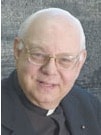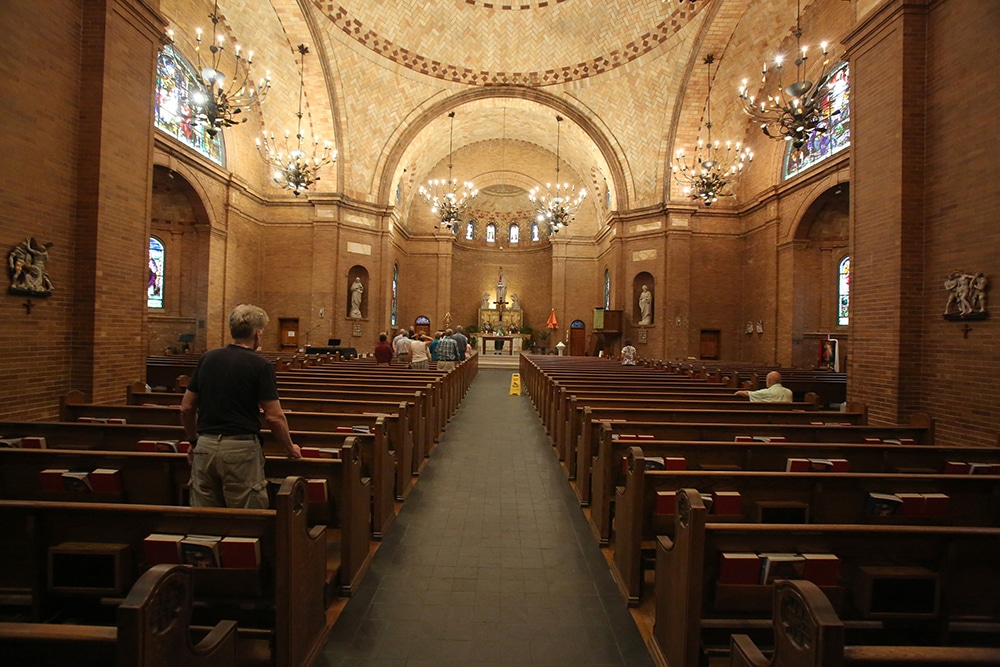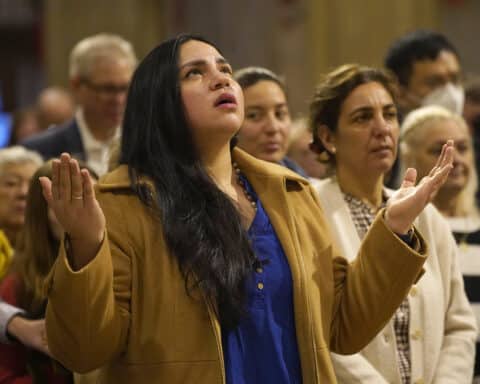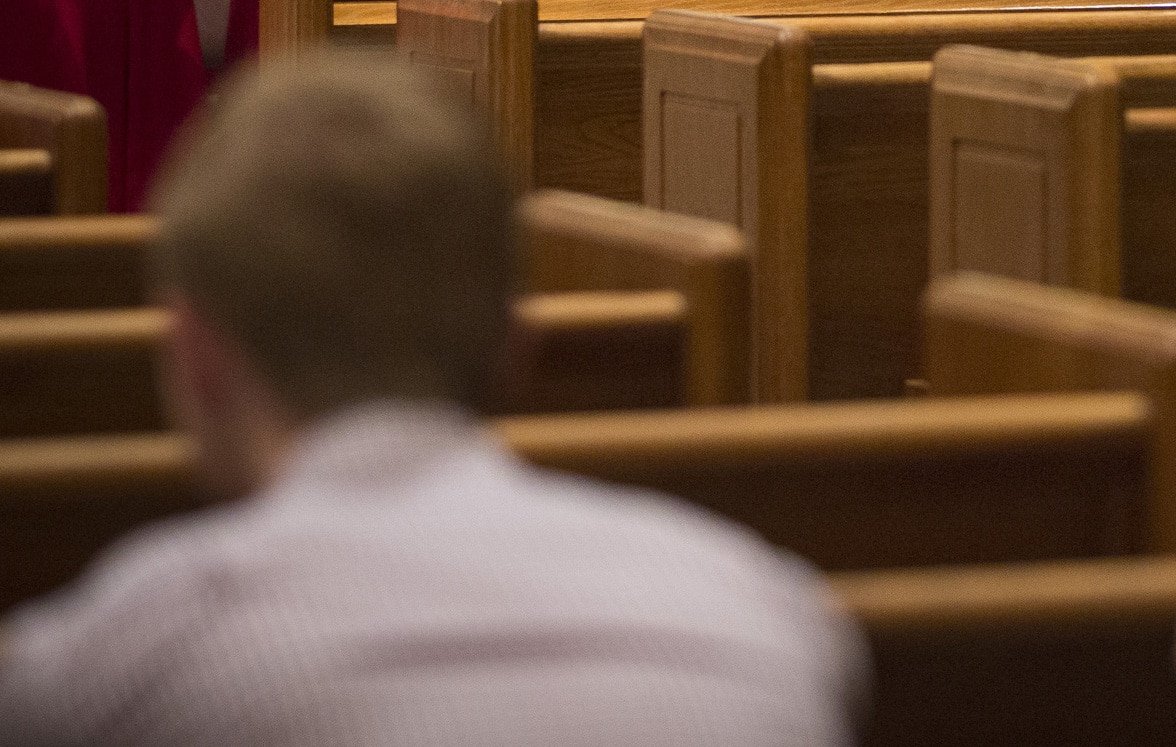
Well, that was then. An abundance of social analyses now shows that the number of Americans who were reared as Catholics, and in many cases attended Catholic schools, but have left the Church, is stunning. For example, studies show that the largest religious group in this country is composed of people who identify themselves as Catholics, but the next largest group involves those who say they once were Catholics but no longer are. This includes people who formally have rejected the Church as well as others who just have drifted away.
To proceed with the numbers, the next largest religious grouping among Americans is Protestant, Southern Baptists being the most sizeable, with other Protestant denominations coming along after Baptists. Reading this data, I began to notice the number of politicians, entertainers and other prominent people who very openly admit that they were Catholics once upon a time, but they consider themselves now as being outside the Church, and they want it this way.
The process began generations ago. In the 19th century, Catholics moved into areas of the United States where European-descended populations were thin. In scattered communities, often isolated from places were the Church was visible, these one-time Catholics simply lost contact with Catholicism, understandably. They married persons of other religious backgrounds. Children were not reared as Catholics. The Church became an interesting part of family history long ago but nothing more.
Then came the mobility associated with the Second World War, followed by the economic boom in the country following the war. Many customs changed radically. Family ties weakened. Old connections faded. Roots withered. Eventually, the cultural bonds with the Church that at one time created such expectations and preferences were gone. My grandparents and great-grandparents were Catholics. So what?
This severe cultural shift set the stage for today’s reality. Now, people just slide away from being active Catholics in many cases, but often real-life situations have an impact. For instance, divorce simply is the American way these days. Americans choose to dissolve their marriages. They meet others. They decide to marry again.
Marriage difficulties are not the only problems. Events in the Church have dismayed many. Modern culture is anti-religion and anti-God, bringing pressures, maybe subtle but always powerful. People increasingly consider religion, any religion, all religions, not as paths to peace and fulfillment in life, but as burdens invented by humans, ridiculous and impossible to carry.
If any factor always pertains, it is when once-upon-a-time Catholics decide that the Church actually is a fraud, offering no genuine inspiration or sense of purpose.
What is the answer? One answer, inevitably effective, is for Catholics to live lives that vividly show to others that Catholicism actually makes a difference, and a very big difference, for the better, for anyone.
For instance, a major public figure not herself of a Catholic background was married to a Catholic. They were on top of the world when her husband was diagnosed with cancer, and no treatment helped his condition. The man’s wife watched him slowly die. She saw the hope, peace and trust in God’s love that her husband’s Catholic faith gave him, especially in those very troubling days. For her, his faith proved that something wonderful rests in Catholicism.
We Catholics can be our religion’s best advocates.





